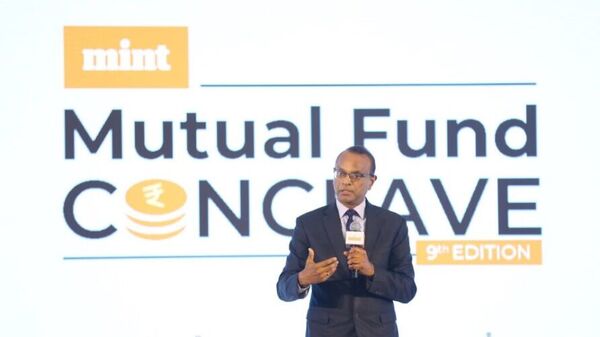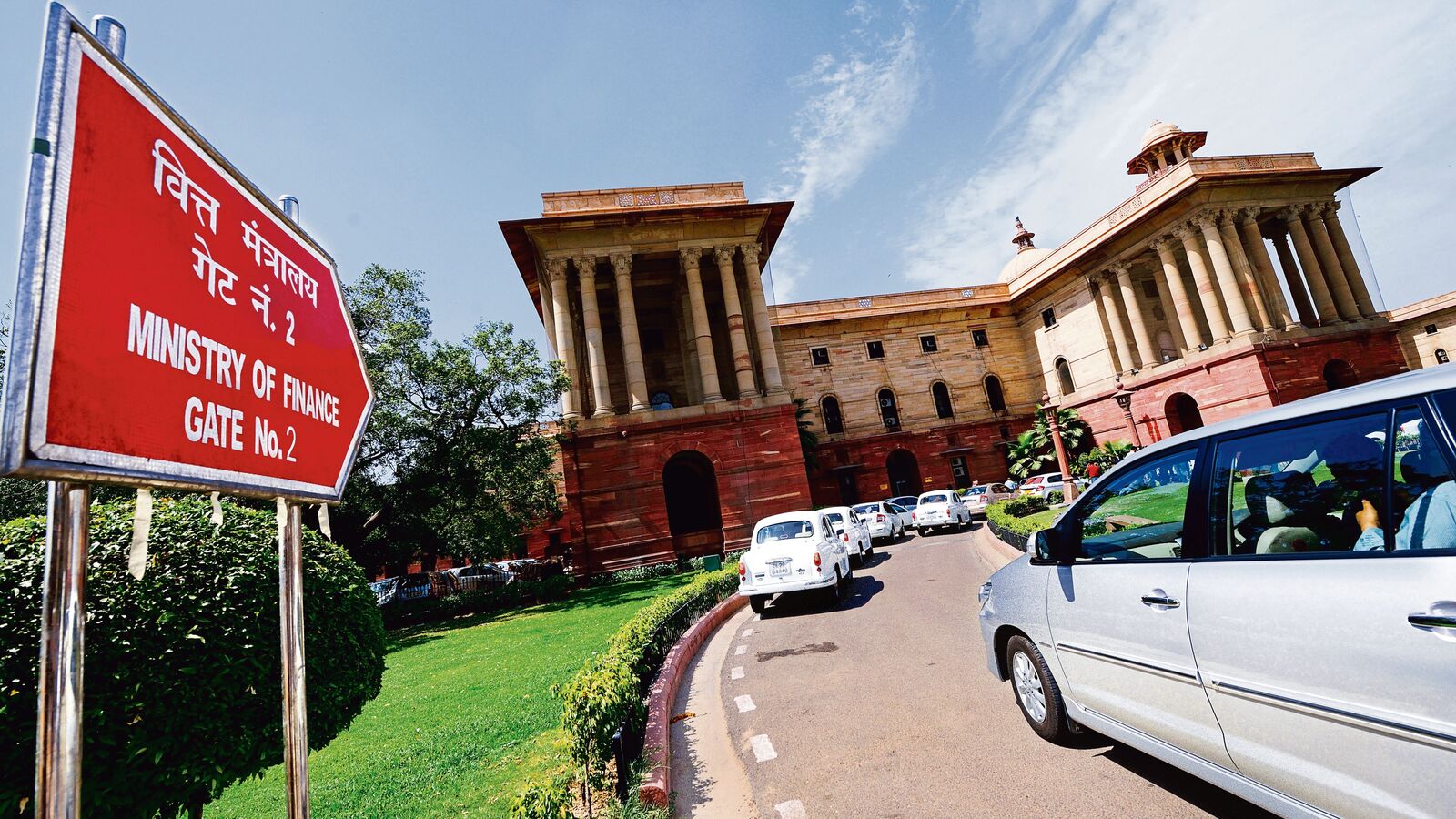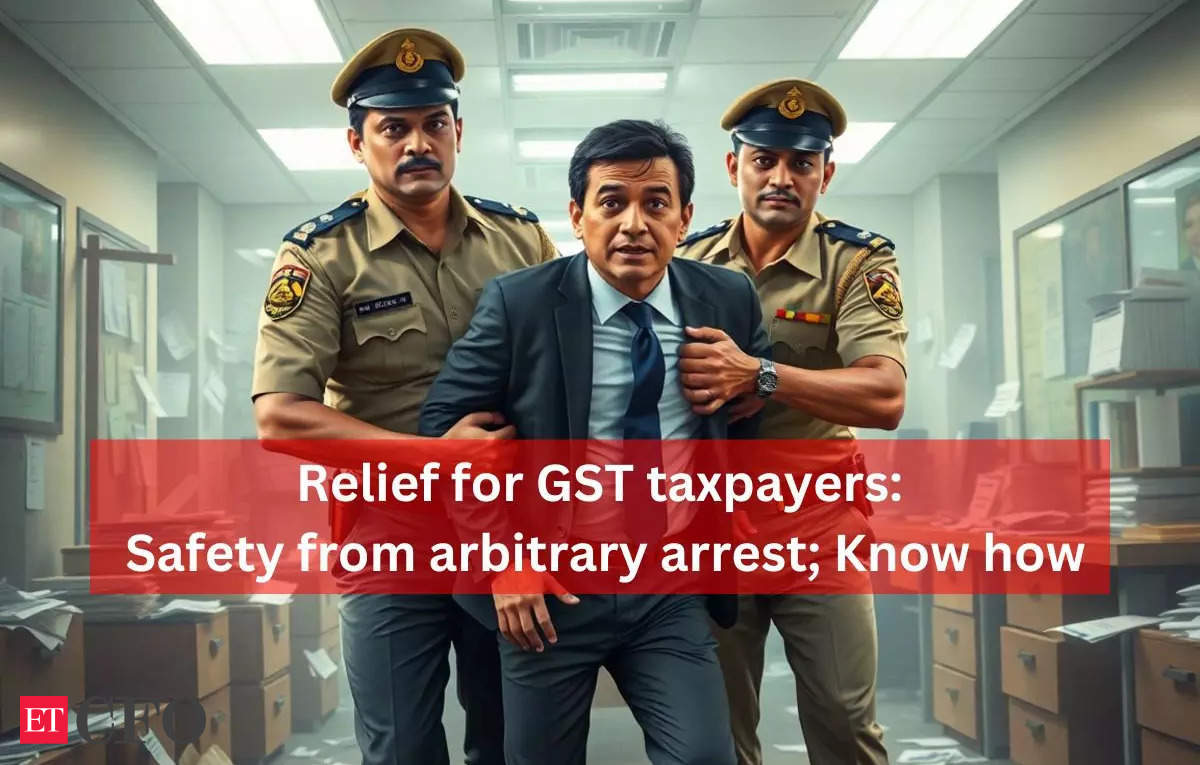India’s markets regulator is faced with a Catch-22 situation as it rachets up efforts to increase the country’s financial awareness.
“There is a dilemma on how to spread financial awareness across the system and at the same time ensuring that ‘finfluencers’ don’t spread misleading advice for earning extra income,” said G Ananth Narayan, whole time member of the Securities and Exchange Board of India (Sebi) at Mint’s 9th annual mutual fund conclave on Thursday.
Finfluencers are entities that are capable of influencing people financially via various social media platforms.
“We need to let educators do their job and on the other hand ensure quality of education is good,” said Narayan, while urging the ₹44-trillion MF industry to explore new types of products to ensure sustained growth in assets under management.
“This is an area which is going to require a lot of discussion on how to ensure quality financial education and at the same time ensuring that wrong doers do not spread pervasive incentives and destroy the trust in the system,” said Narayan.
This comes at a time when the industry is expecting the market regulator to come out with a consultation paper regarding how the regulator plans to curb mis-selling by so-called finfluencers. To be sure, Sebi chairperson, Madhabi Puri Buch, in a recent board meeting said the markets regulator is currently working on a consultation paper covering this subject.
Narayan also pointed out the need to protect regulated practitioners like distributors, registered investment advisors, registered analysts and segregate them from those that are not registered and at the same ensure that there is no room to manipulate the system.
Recently, Sebi came out with an advertisement code that mandates registered investment advisors (RIAs) and registered investment analysts (RAs) to take prior approval from BASL (BSE Administration and Supervision Ltd), and pay up ₹3,000 fee, in case of individual RIAs, and ₹6,000 if it concerns corporates, each time a new advertisement has to be put out. Many RIAs and RAs Mint spoke to were concerned that the regulation would increase cost of running their business and possibly make the business unfeasible.
“Sebi needs to strongly regulate finfluencers since they are opinion makers to the public. There needs to be some protocol for them to be followed like clearing an exam to maintain the quality of information going to the public,” said Sandeep Tandon, CEO, Quant Mutual Fund.
Sebi’s whole time member stressed that participation of all players in the financial system is important for growth of the mutual fund industry.
He also mentioned that the markets regulator is focusing on cyber and tech capabilities as a way of managing risks.
Narayan said the markets regulator has been actively monitoring and taking action against wrongdoers. “Whether it is frontrunning, insider trading, manipulation, inducement, or siphoning money out of the company, we have taken not hesitated to take action,” said the Sebi whole-time member while stressing the need to protect the trust in the financial system.
Alongside preserving the trust of all stakeholders, he also said the industry needs to introduce new products to ensure that the industry keeps growing.
“We need to both preserve the trust as well as grow at the same time.”
Over the past 10 years Sebi has made several attempts to curb widespread mis-selling and enhance transparency for investors in the MF industry.
Recently, Sebi altered the total expense ratio (TER) norms applicable to AMCs.
With an aim to improve transparency in costs charged to the unit holders the markets regulator has proposed uniform TER across mutual fund schemes. Currently, the regulator allows fund houses to charge unit holders of mutual fund four additional type of expenses over and above the specified total expense ratio limits. In a recent consultation paper floated by the regulator in May this year, Sebi said TER reflects the maximum expense ratio that an investor may have to pay and hence it should be inclusive of all the expenses permitted to be charged to an investor and the investor should not be charged any amount over and above the prescribed TER limits.
In its recent board meeting, the regulator delayed its decision to apply the effect of rationalised TER, while Buch said Sebi will soon come up with a second consultation paper on rationalising TER.











